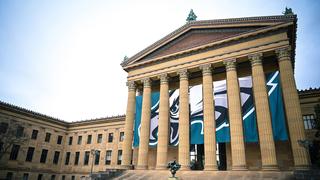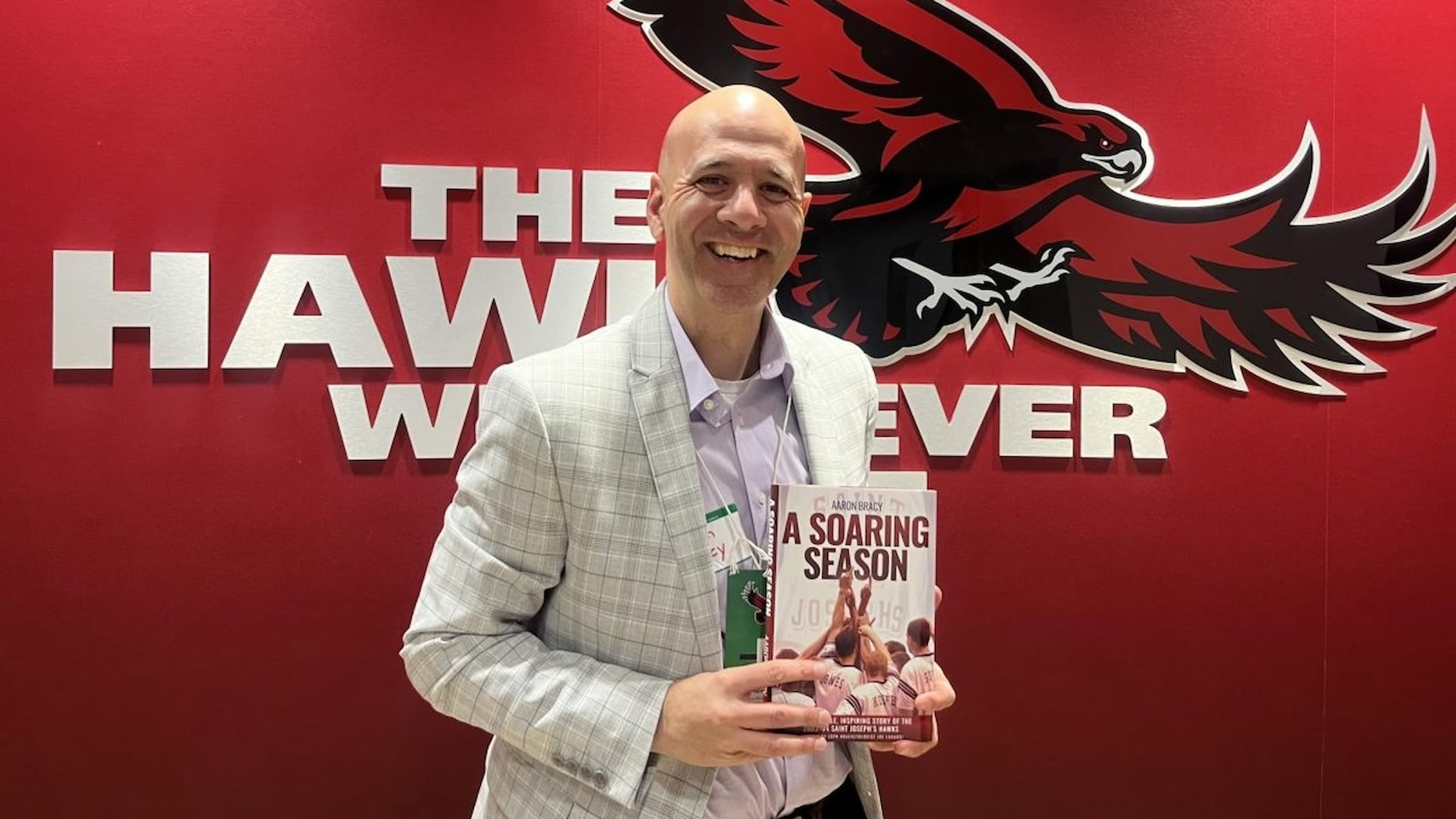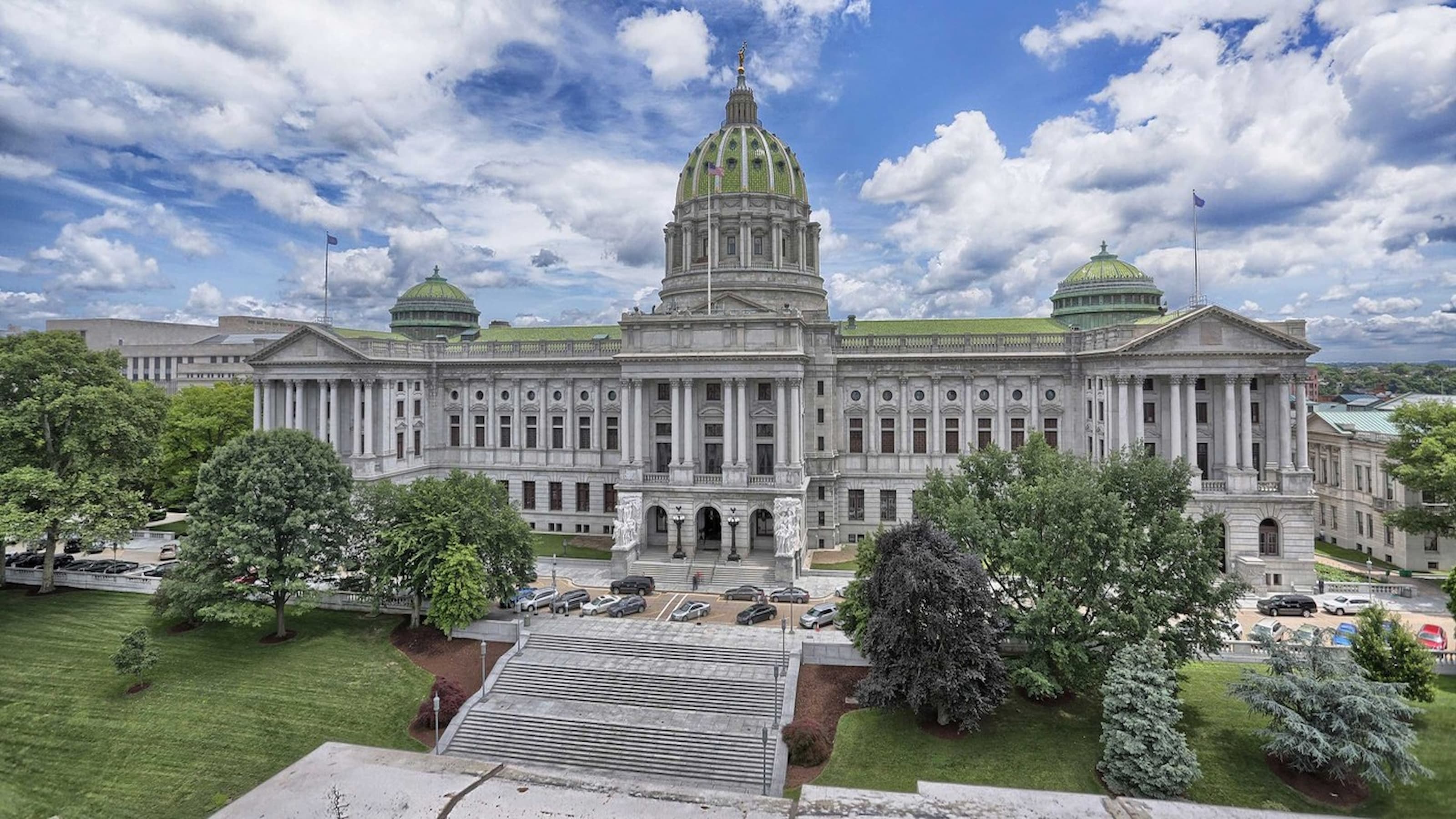Sports, Entertainment and Food Marketing are Critical Businesses
The successes of Philadelphia’s sports teams are a win not only for fans, but also for businesses bouncing back from the pandemic.

With the Eagles in the Superbowl, and the Union and Phillies making it to the MLS Cup and World Series respectively, it’s a fun time to be a Philadelphia sports fan.
It’s also big business. According to the Philadelphia Convention and Visitors Bureau, the Phillies’ improbable playoff run spurred $78 million of economic impact, with $49 million directly spent in the city. During home games of the National League Championship Series, the average Center City occupancy rate hit 90%.
There is no better place to learn the business of sports marketing, entertainment and hospitality than in Philadelphia, where more than two million people visit Independence Mall and the Liberty Bell every year.
Here, students can learn critical skills to work in these industries, and Philadelphia-area schools can continue to innovate in perfecting and inventing new technologies that will help our visitors’ stays run more smoothly, whether they’re coming from another country or just across the river.
That’s especially critical now as travel and tourism is returning to pre-pandemic levels; at the same time, businesses are still facing historical labor shortages, especially in entry-level and hourly wage positions. The drivers of Philadelphia’s hospitality industry need innovative solutions. They need professionals who can harness the power of technologies like AI and machine learning to do things like better distribute limited labor resources, and appropriately price hotels based on shifting travel trends and demands.
Our restaurants are still recovering from the economic blows of the pandemic. We can also give students the skills to help restaurateurs strengthen supply chains so that our chefs get the food and ingredients they rely on delivered in the right quantity, fresh and on time.
This will become especially critical in 2026, when Philadelphia will host the country’s 250th birthday party — plus the Major League Baseball All Star Game — and serve as one of the North American hosts to the Men’s World Cup. Philadelphia’s World Cup games alone are expected to bring half a million people and $460 million to the region in a one month span. We are currently training the professionals who will make sure those events run smoothly.
Philadelphia’s World Cup games alone are expected to bring half a million people and $460 million to the region. We are currently training the professionals who will make sure those events run smoothly.
Those future professionals don’t need to start from scratch, either. At Saint Joseph’s, for example, we offer a 4+1 accelerated bachelor’s/master’s program, where undergraduate machine learning for business applications students can start earning their MBA or master’s in organization development and leadership during their senior year.
We also offer a sports marketing minor for undergraduates who want to gain some exposure to the field but leave the door open for a range of opportunities — or decide to narrow their focus on something like hospitality or sports if and when they decide to go for an MBA.
Just look at the path taken by Frank Gumienny ’94. He used an accounting degree, followed by experience at PriceWaterhouseCoopers, and launched into sports finance. He’s been the senior vice president and chief financial officer of the Eagles since 2012. It’s not a bad way to earn a Super Bowl ring.
Our teams don’t make it to the pinnacle games of their sport without strategy and planning, scouting and using data. The same is true to making sure Philadelphia’s economic hospitality engine runs without a hitch. We as educators continue to expose our business students to these opportunities and train them to lead the field.



